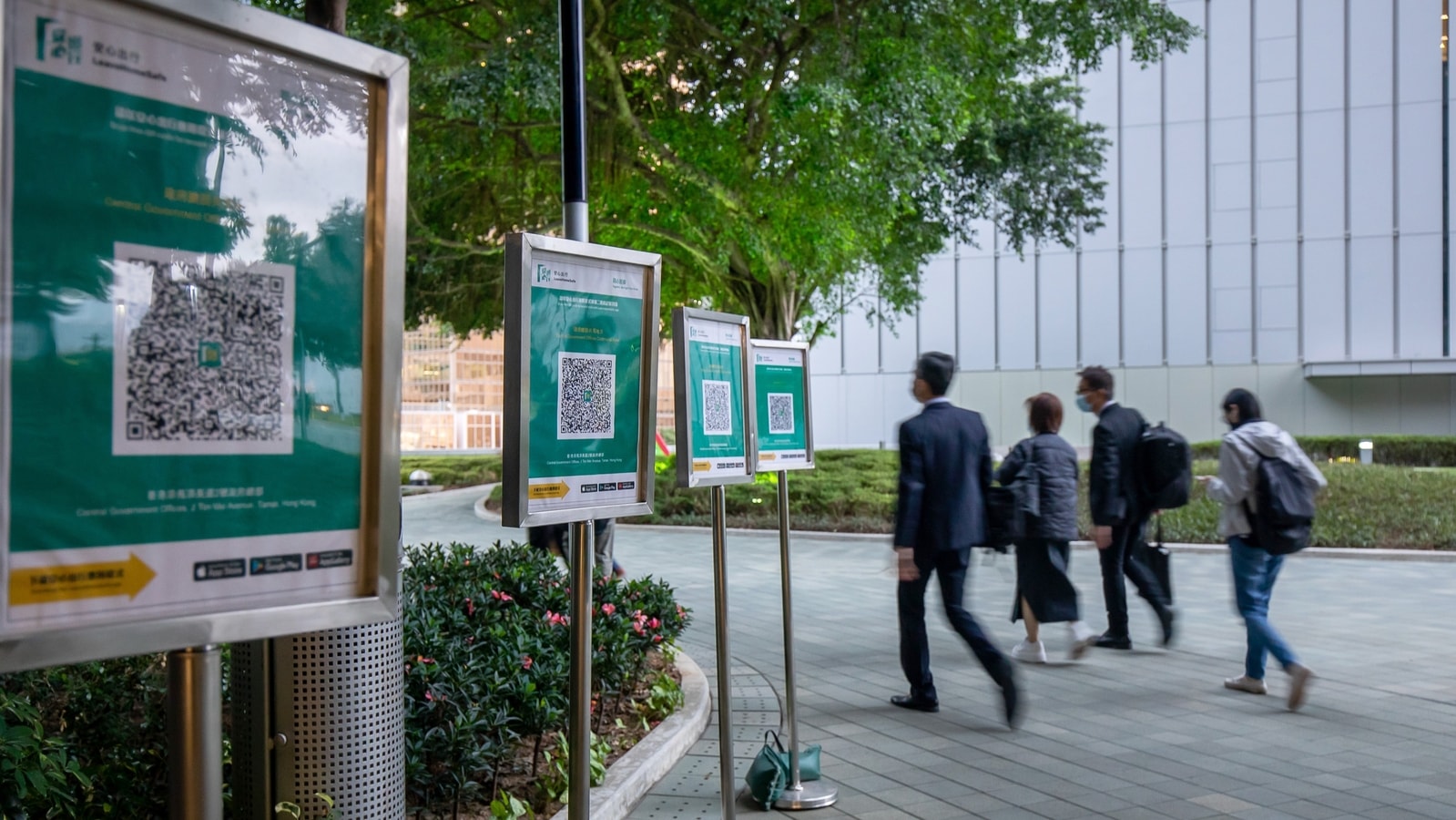BEWARE! If you scan QR codes to make payments then STOP! Don’t do THIS, you will lose money
The popularity of QR codes has increased, especially to make payments. But it has also given rise to QR code frauds and loss of money.
QR codes as a technology has existed since 1994 when Masahiro Hara from the Japanese automotive firm Denso Wave came up with the idea of scanning a matrix barcode to reveal certain digital information, redirect to different websites or conduct transactions. But it gained mainstream popularity in India after the Covid-19 pandemic hit the nation. As exchanging cash became riskier due to chances of contamination, people resorted to digital transactions and QR codes. QR code payments became a helpful way to transact without requiring any additional details of the payer or payee. But, with increasing popularity, various QR code scams and fraudulent activities also came up. Today, it has become extremely important to know how to avoid such scams and keep your money safe.
A QR code is a machine-readable optical label that usually contains information about the object it is attached to. Whenever a computer (or a smartphone) scans this code, the machine is able to process the information and display it to the user. However, today this technology has expanded a lot in its potential and can be used for a variety of purposes. The most important of them is making digital payments at a shop or restaurant. And because today we all carry our financial information stored in our smartphones, it is important to know whether a QR code is genuine or not. Read on to find out how you can protect yourself.
Scanning QR codes: Which rules to follow
The concerns around QR codes have become even more significant after the US FBI (Federal Bureau of Investigation) released a list of guidelines for people to follow while scanning any QR codes. So, ensure you follow these steps too if you want to keep your device, personal information and finances safe.
1. Always check where the QR code redirects you: Oftentimes, QR codes redirect you to a different website. It is done for various reasons from marketing campaigns, payment gateways at a store or restaurant or to share social media links. But always check the URL before going to the website. Scammers often spread malicious links and fishing websites through QR codes. But identifying them is not difficult. Usually, they try to appear genuine by copying the name and url of a reputed website, with specific misspellings and added characters. That is a clear giveaway for any such fraudulent activity. Further, never click on a link which has been shortened by a third party client. You cannot know where you are headed through them.
2. Do not download any apps from a QR code: If a QR code redirects you to download an app, never do it. These can be malicious or spy apps designed to siphon your data and share it with the hacker. Always download apps which are available on your App store or Play Store.
3. QR code should not redirect you to a website to make payments: While many QR codes, especially those at restaurants use QR codes for making payments, they either redirect to whichever UPI or Wallet you use or they will take you to a dedicated payment gateway. Under no circumstances you need to visit a website to make payment.
4. Never scan a QR code received in emails: Some hackers send people email saying that their recent payment failed and they need to use the QR code given to make the payment again. Never trust these emails and directly contact the store or website where you made the purchase.
5. Always check the QR code for tampering: Before you scan a QR code, always make sure that it has not been tampered with. Often scammers will put on a transparent sticker on a QR code to make it redirect to their designated page. If you see a QR code, ensure that there are no visible signs of tampering.
For all the latest Technology News Click Here

